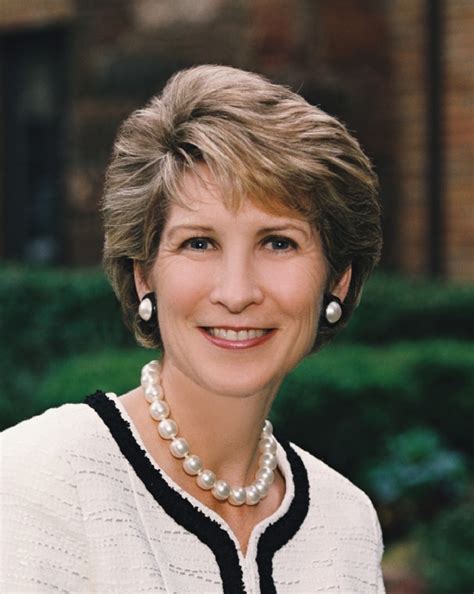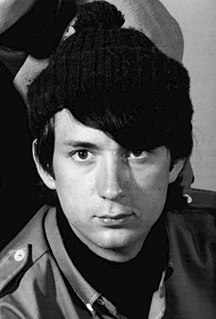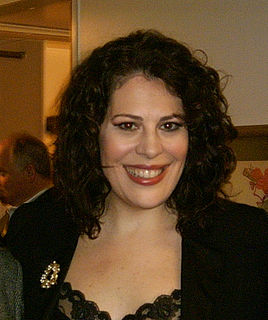A Quote by Ai Weiwei
A historical property has morals and ethics of the society that created it and it can be revived. What I mean is that we can discover new possibilities from the process of dismantling, transforming, and recreating.
Related Quotes
If we apply the term revolution to what happened in North America between 1776 and 1829, it has a special meaning. Normally, the word describes the process by which man transforms himself from one kind of man, living in one kind of society, with one way of looking at the world, into another kind of man, another society, another conception of life.... The American case is different: it is not a question of the Old Man transforming himself into the New, but of the New Man becoming alive to the fact that he is new, that he has been transformed already without his having realized it.
In the process of burning out these confusions, we discover enlightenment. If the process were otherwise, the awakened state of mind would be a product dependent upon cause and effect and therefore liable to dissolution. Anything which is created must, sooner or later, die. If enlightenment were created in such a way, there would always be a possibility of ego reasserting itself, causing a return to the confused state. Enlightenment is permanent because we have not produced it; we have merely discovered it.
To be clear, civilization is not the same as society. Civilization is a specific, hierarchical organization based on 'power over.' Dismantling civilization, taking down that power structure, does not mean the end of all social order. It should ultimately mean more justice, more local control, more democracy, and more human rights, not less.
But we need more than a broader understanding of what is a good society or a moral and political critique of the existing market fundamentalism engulfing American society, we also need to create new forms of solidarity, new and broad based social movements that move beyond the isolated and fractured politics of the current historical moment.






































